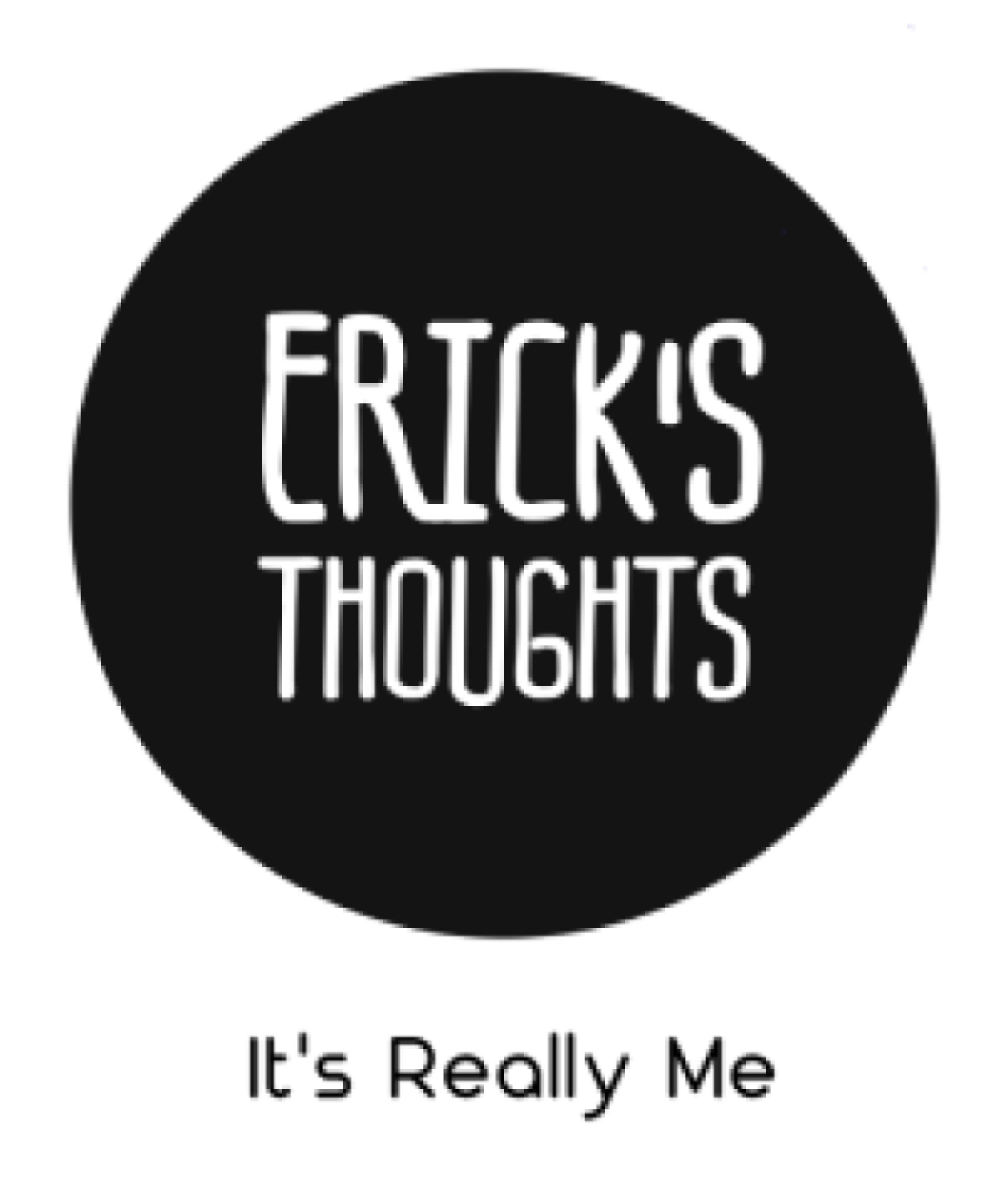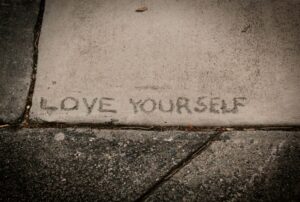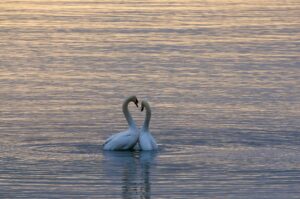As I mentioned in my post ‘Me and Reading’, my reading journey can roughly be broken into three phases: (1) young with a lot of free time when I read as much as possible, (2) middle school to high school to college progressively reading less to learn other things / live, and (3) a revival of sorts bringing reading back into the fold, not as the star of the show, but as a perpetual companion. To get up to speed quickly, I’ll give light comments on books that easily come to mind as having made an impact on me as a kid. I’ll list books I read sort of after college through the time I quit my high-finance job in 2022. Then, I’ll list the books I’ve been reading more recently and give some context on why I’m intentionally reading now and what I find cool about doing so.
Childhood Standouts
There’s a big difference between being a kid and being an adult, especially when it comes to seeing the novelty in everything since one knows nothing. Personally, I was more along for the ride than consciously choosing what I read, and in this way just explored randomly and let my imagination roam. Some books that stand out to me from this time are below.
- A Land Remembered - historical fiction of a white family coming in with the initial wave of pioneers in Florida, tracking their journey through the Civil War to the 1900s, and touching on race interactions with black people and Native Americans - I take pride in being from Florida and this book played a role in expanding my conception of what Florida is + social issues
- The Land - first time I cried reading a book, outside on the trampoline on a warm day - on plantation life in the South, white brothers of a mixed half-brother on their land showed genuine love to the ‘colored’ kid, only to hit him to the ground after coming back from boarding school with an outsider white friend - shocked me, what is surely injustice we were and are still capable of, and that should never happen, but does
- Harry Houdini - first biography, I thought it was sophisticated of me / funny that I was reading a biography, who read biographies? The cover was black and white and looked old school with a glossy plastic cover. All that said, an interesting book, and tough to see a man die from overconfidence - punched in the stomach, also I like magic
- Terminal World - simply a cool science fiction book with the premise of a post-earth world organized in tiers with segregation, adventure, and a weird character that remembered things by writing codes all over the wall - seeing the code would bring up all the knowledge associated with that code - a power I wish I had
- Eragon - favorite fantasy series of all-time, I love dragons, dragons are the mightiest creatures to ever be conceived
- Harry Potter - needs no explanation, it’s a great story and it has magic, and a little bit of dragons
- Redwall - learned a lot about valor, respect, integrity, etc. from an animal society facing war and other medieval-type problems
The Mostly Non-Reading Finance Years
I read a handful of books but the only one that really stands out is Stoicism Collection: The Meditations of Marcus Aurelius, Seneca’s Letters from a Stoic, and The Discourses of Epictetus. This book was (1) challenging to read, (2) extremely dense, and (3) extremely revelationary. A source of revelation in the sense that baby thoughts / feelings I sort of had in my head were being expressed in such clear, profound ways with context and emotion I’d never have gotten to on my own. I found that core values and attitudes I had happened to adopt throughout life as a way to get by and then move ahead were being validated as a just way to live. I was also able to read where I departed from the supposed ideals and get a pretty accurate assessment to myself of how good of a life am I living really? The practical side of me knew I wasn’t / didn’t want to live the ideal, and in my development as a person I was certainly not capable of it in any case.
In hindsight, I was definitely overweighing the validity of stoicism and putting it naively on a pedestal. It’s one way to view the world among many others that also deserve their time and place. It did kick start my personal philosophical journey, and in that way, the book changed my life. It gave me reassurance at a time when my mind was shrouded in doubt and some darkness (didn’t really feel like that at the time, but upon reflection). When I was low or didn’t feel comfortable I was going in the right direction it gave me some hope that truth existed. The journey I’m on now I can say was started by that book more than any other, maybe not for the content, but for the depth of structured introspection it fostered.
When I moved to California I had more free time, and I read more books, mostly practical and intended to be useful in a business framework such as biographies / memoirs of Steve Jobs, Stephen Schwarzman, Barack Obama, Jeff Bezos, etc..
The New Beginning
Honestly, it hasn’t been until the last couple of months that I’ve started to get a vague idea that I am indeed on a journey and not just reading a bunch of random books like before. Below is what I’ve read / am currently reading roughly over the past 1.5 years.
Impactful Books, Critical to Reflections and the Journey
- The Courage to Be Disliked by Fumitake Koga and Ichiro Kishimi
- The Courage to Be Happy by Fumitake Koga and Ichiro Kishimi - highly recommend this duo of books for mindset, acceptance, and not dwelling on the negative
- Guns, Germs, and Steel by Jared Diamond - super macro view about our development as humans and the ‘true causes’ of eventual outcomes / differences in language, culture, etc.
- Zen and the Art of Motorcycle Maintenance by Robert M. Pirsig - touches on similar concept as what is described in The Birth of Tragedy and generally a dichotomy of human experience prevalent in many areas and our innate desire to bridge the divide and create unity
- The Black Swan by Nassim Nicholas Taleb - super thought out structure and logic to assist our understanding of the modern world
- Antifragile by Nassim Nicholas Taleb
- Walden by Henry David Thoreau - I myself thought maybe the solution is to get away from society, and I wrongly admired Thoreau for living in the wilderness, but I found out that wasn’t totally the point, and even he said there came a time that his stay at Walden would have been overdone and so he went back to society, which means he got answers but the answer was not perpetual isolation
- The Birth of Tragedy by Friedrich Nietzsche (read through chapter 17 supposedly the ‘meat’, will finish)
- Michel de Montaigne: The Complete Works translated by Donald M. Frame (about 2/3 done, taking pause before continuing, broken into sub-books) - regarded as the father of the essay, and writes in a style I admire, but levels of magnitude more refined, very insightful
- A History of Western Philosophy by Betrand Russell (about 1/3 done, taking pause before continuing, broken into sub-books) - fascinating to trace the evolution of thought with social context
- The Hero with a Thousand Faces by Joseph Campbell (currently reading)
Practically Useful Books Would Recommend (Behavior, Finance, General Knowledge)
- How to Win Friends and Influence People by Dale Carnegie
- Macroeconomics for Professionals by Leslie Lipschitz and Susan Schadler (did not finish, will revisit)
- The Psychology of Money by Morgan Housel
- Mastery by Robert Greene
- Frames of Mind by Howard Gardner (insightful but pretty boring to read)
- A Monetary and Fiscal History of the United States, 1961-2021 by Alan S. Blinder (currently reading)
- The Bond King by Mary Child
- The Laws of Human Nature by Robert Greene
- Elon Musk by Walter Isaacson
- Buy then Build by Walker Deibel
- The 33 Strategies of War by Robert Greene (currently reading)
- Principles by Ray Dalio (did not read work principles part, biography part was most interesting)
- Fooled by Randomness by Nassim Nicholas Taleb
- Skin in the Game by Nassim Nicholas Taleb
Nominally Interesting, Worth the Time But Would Not Necessarily Recommend
- Leaders Eat Last by Simon Sinek
- Abraham Lincoln: A Biography by Lord Charnwood (lot of text for the content)
- Hillbilly Elegy by J.D. Vance (read out of curiosity)
- The Idiot by Fyodor Dostoevsky (some profound emotions in here, but overall not my cup of tea)
Nothing Significant to Note
- “Surely You’re Joking, Mr. Feynman”: Adventures of a Curious Character by Richard P. Feynman (interesting read of a wacky, genius guy)
- The Seat of the Soul by Gary Zukav
- The Hedge Fund Book by Richard C. Wilson (did not and probably will not finish)
The impactful books often take longer to read. Some of those I can’t rush as I push up against the limits of my brain, often rereading paragraphs, reading slower with more focus, reading a sentence 5 times until I feel I’ve hit the right meaning, this sort of stuff. Sometimes I can’t read them on back to back days and need to give several days or more of a break, in which case I turn to the more practical stuff to fill in the gaps. My idea of the journey I’m on is really too young to share, but I’ll share a couple of analogies that inspire me.
The first from Taleb in The Black Swan, what he calls the antilibrary – that it’s more important what books you haven’t read than what you have, and it’s a great thing to amass many books and never read them. A reminder of the vastness of what is out there, but also the general tendency that we are more hurt by what we don’t know than we do know since we can account for what we know but not what we don’t know. In the spirit of this, I steadily buy more books than I can read (but still afford) and let them stack up around my apartment. The second from Neil deGrasse Tyson, where he described knowledge as a circle and the more you learn the bigger the circle grows, but at the same time the perimeter, or the unknown / what we don’t know, also gets bigger. So it’s a sort of double edged sword, but if you take a positive point of view, it means you can basically keep trying to understand the world and never get bored. Tyson also said that as human society progresses overall, when a person makes it to the edge of the circle, they can spend their entire life there and it would be a tremendous success to take even one tiny step forward. He’s a scientist and primarily he meant it regarding science, but it’s the same with this journey. Whatever I’m seeking, I’m still far from the edge. I would walk there in a straight line if I could, but even now being more focused I have to pinball a little and try to propel myself off of the better ideas I come across to hopefully straighten the path out a bit. It would be an achievement beyond comparison to synthesize something at the edge, but for now it’s plenty fun and plenty challenging to begin the walk.



